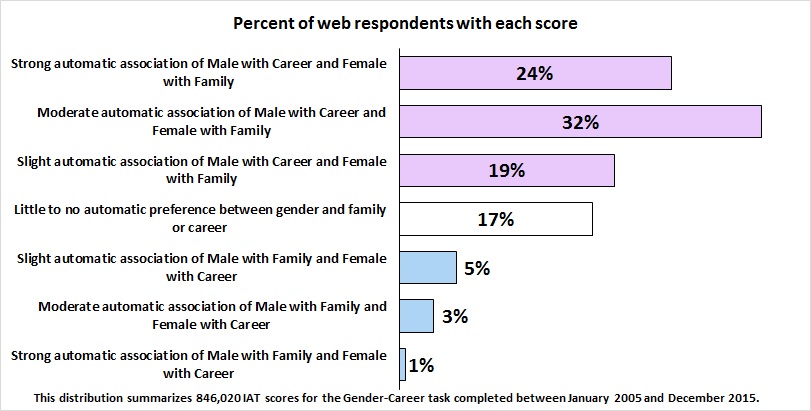This week I am participating on some of the asynchronous activities of the course (Equity Unbound, read the kick off blog post here if you are new to it), and in the course email for this week and next, Catherine Croning writes:
In Weeks 3 + 4 of Equity Unbound, between September 24th and October 7th, we will focus on the theme of Empathy & Bias. Together we will explore this theme, particularly in relation to digital spaces and interactions. Digital citizenship promotes global understanding when our digital presence allows us to share virtual space with others, regardless of geography. It is tempting, but dangerous, to imagine this virtual space as “one” — we are not all equal in that space. Some of us are louder and more visible, and some of us more vulnerable. What would it mean to develop critical digital citizenship on the premises of empathy and social justice? How can we build critical trust in our community and network exchanges in order to help us confront our own biases and blind spots?
The activity I have decided to try out is the Implicit Association Test or IAT, and the category I have selected the Gender-Career Task. I have not done a test like this before, so I wasn’t sure what to expect.
In the test, I was asked to categorise Male and Female words with Career and Family.
Once complete, I got the following result:
Your data suggest a strong automatic association for Male with Family and Female with Career.
Your result is described as an “Automatic association for Male with Career and Female with Family” if you were faster responding when Career and Male are assigned to the same response key than when Career and Female were classified with the same key. Your score is described as an “Automatic association for Female with Career and Male with Family if the opposite occurred.
In terms of how that compares to other people’s results, I found this graph helpful:

I took a few other tests, and found it interesting to try subjects I was less sure about, but the above result was quite typical of my responses, i.e. I usually found myself in a small minority of results. That in turn made me reflect on my own awareness of and tolerance for other, often dominant views and that feels like a good starting point for the next fortnight of the course.